Demystifying Jung
Jung was a complicated man. He was broad minded to the point that he dabbled in parapsychology and ESP. Jung outlined a type of new psychology but was hesitant to spell out what the implications or boundaries of this new psychology should be. Jung’s ambivalence towards standardizing his psychology shows across the varied fields in which it has become practiced. The study of archetypal images latent within the humanity’s collective unconscious has become known as “depth psychology”. This study has been applied to many fields, namely sociology, anthropology, creative writing and comparative religion.
he broad strokes of Jungian psychology as a clinical style is that it is more growth oriented than the majority of other modalities. The goal of most psychotherapy models is the rapid reduction of symptoms. The focus of Jungian psychology is self discovery and personal growth across the life cycle. Jungian clinicians put more emphasis on helping patients discover what they want than on trying to help patients get what they say they want. Jungian clinicians put a large emphasis in expressing the self through creativity and on growth as a person.
Bibliography:
Jung, C.G. Collected Works of C.G. Jung. Edited by William McGuire and R.F.C. Hull, Princeton University Press, 1953-1979.
Jung, C.G. The Red Book. Edited by Sonu Shamdasani, W.W. Norton & Company, 2009.
Edinger, Edward F. Ego and Archetype. Shambhala, 1992.
Hollis, James. The Eden Project: In Search of the Magical Other. Inner City Books, 1998.
Von Franz, Marie-Louise. Archetypal Dimensions of the Psyche. Shambhala, 1997.
Further Reading:
Hillman, James. Re-Visioning Psychology. Harper & Row, 1975.
Neumann, Erich. The Great Mother: An Analysis of the Archetype. Princeton University Press, 1972.
Stevens, Anthony. Archetype Revisited: An Updated Natural History of the Self. Brunner-Routledge, 2002.
Samuels, Andrew. Jung and the Post-Jungians. Routledge, 1985.
Beebe, John. Integrity in Depth. Central Recovery Press, 2015.
Stein, Murray, editor. Jungian Psychoanalysis: Working in the Spirit of C.G. Jung. Open Court, 2010.
Singer, June. Boundaries of the Soul: The Practice of Jung’s Psychology. Anchor, 1994.
Hall, James A. Jungian Dream Interpretation: A Handbook of Theory and Practice. Inner City Books, 1983.
Jaffe, Aniela. Memories, Dreams, Reflections. Vintage, 1989.
Corbett, Lionel, editor. Film and the Jungian Imagination. Spring Journal Books, 2018.
Callan, Richard. Jung and Yoga: The Psyche-Body Connection. Inner City Books, 2018.

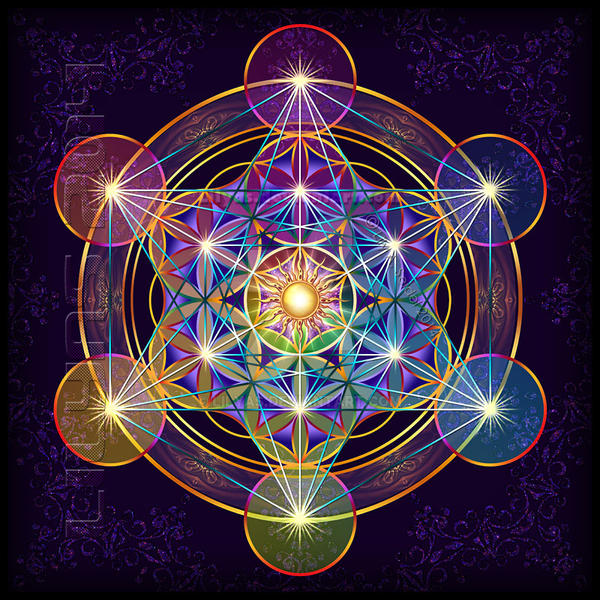

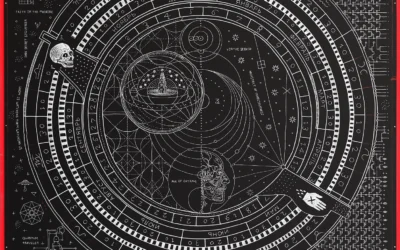
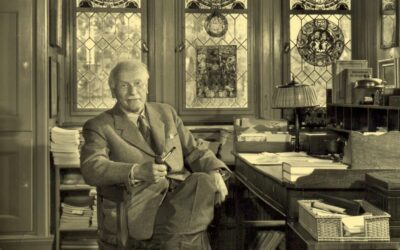
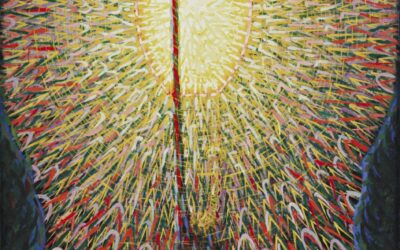
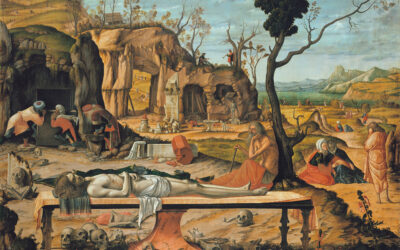
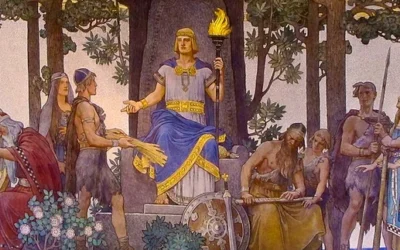
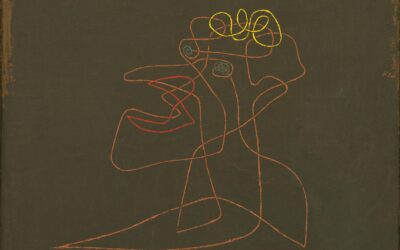
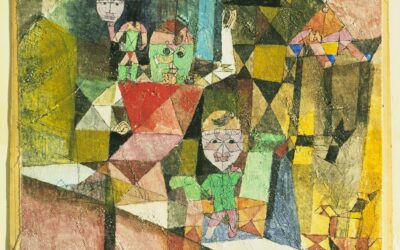
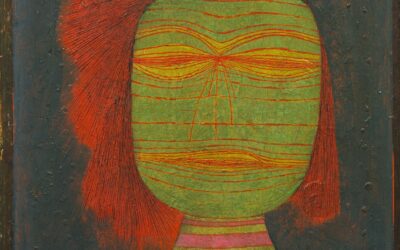
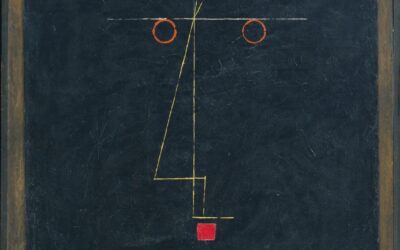
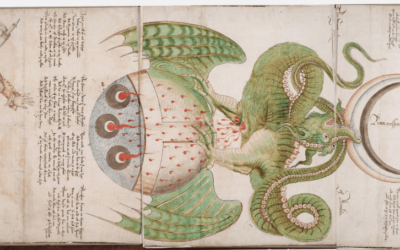

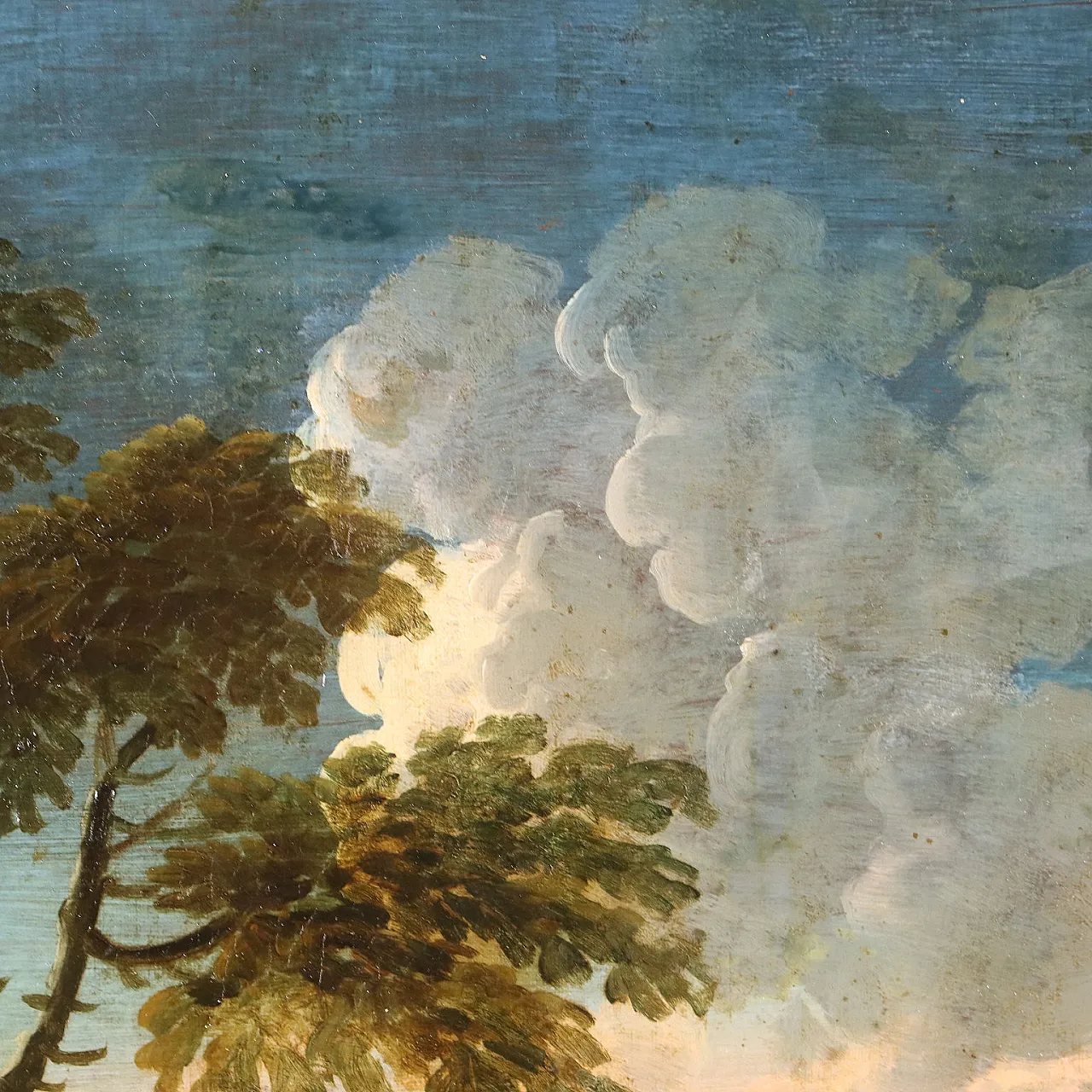
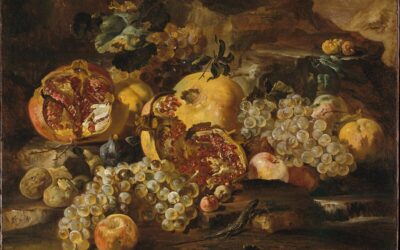
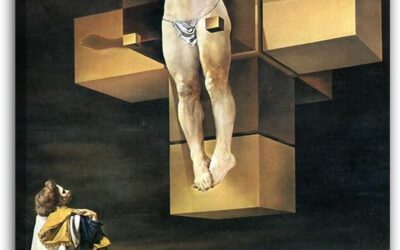
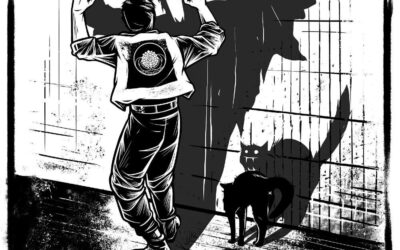


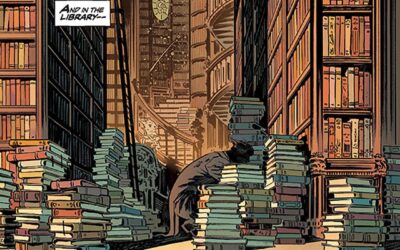
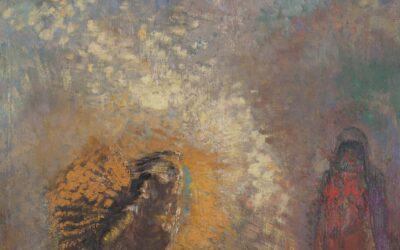

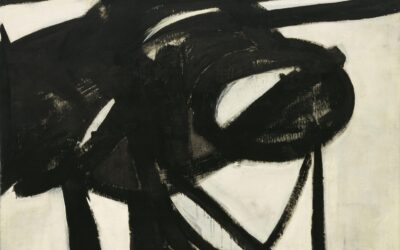


Thanks for your blog, nice to read. Do not stop.
Thank you for the kind words.
There is also a podcast now in addition to the blog.